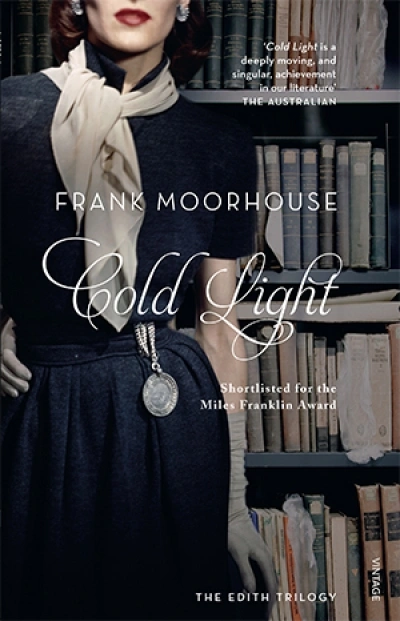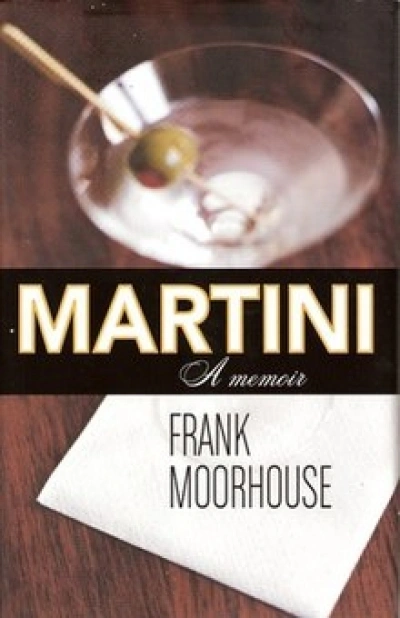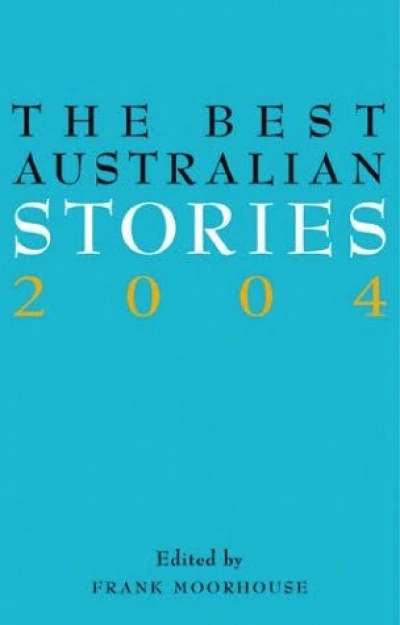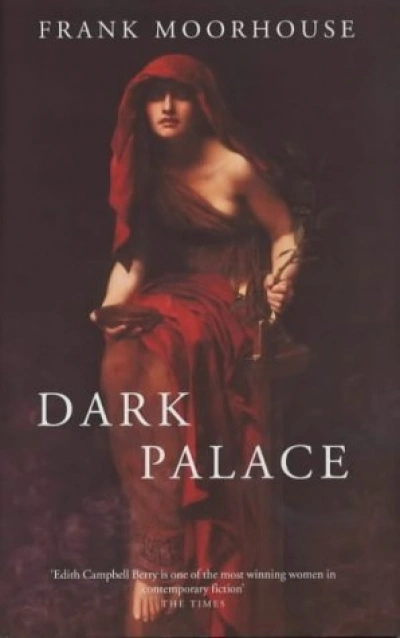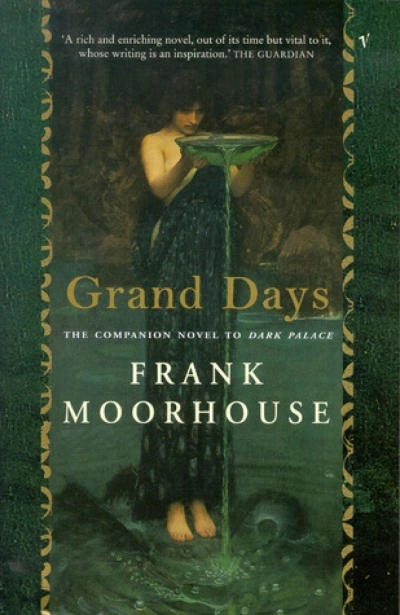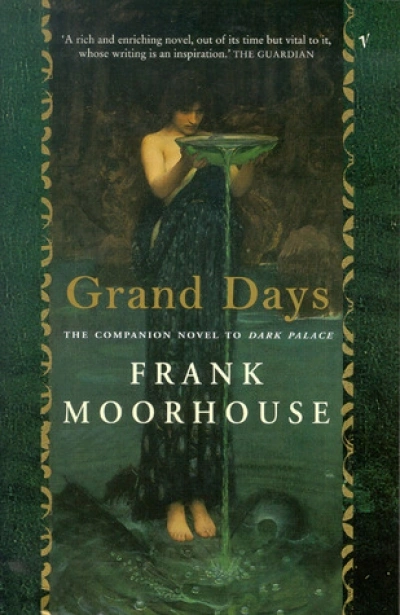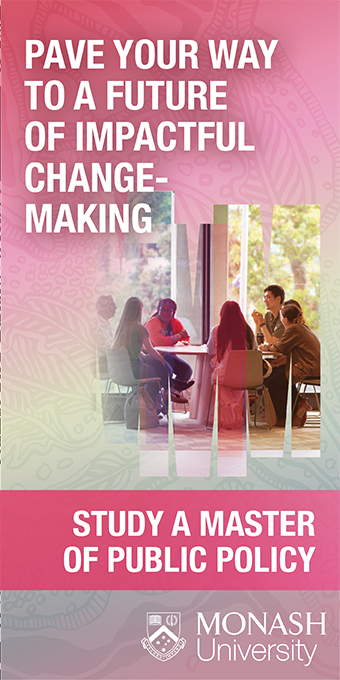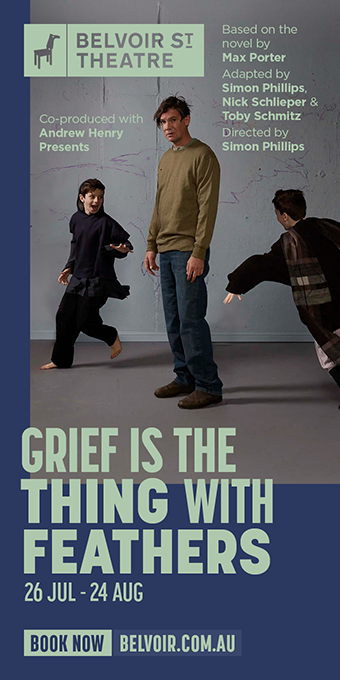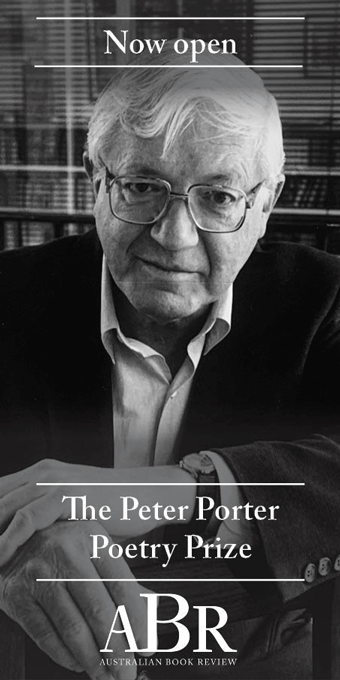Frank Moorhouse
Oxford traveller
Dear Editor,
In his ‘Diary’ in the March 2007 issue of ABR, Chris Wallace-Crabbe tells us that he’s been reading Ulysses and War and Peace (‘alternately’) as he travels to Oxford. Then, out of the blue, he adds: ‘Meanwhile, Ken Gelder has written the most appalling attack on literature, and especially on the concept of style, in the latest Overland. His anti-aesthetic position is, of course, indistinguishable from that of John Howard and the right-wing philistines. It has been so for a long time: the right and the far-left in materialist cahoots.’ My Overland essay was a criticism of Tory literary tastes and positions in Australia, including the disdain some writers have for readerships. Only a blinkered literary snob could construe this as an ‘attack on literature’. I found Wallace-Crabbe’s insulting remarks utterly perplexing. For example, what does he mean by ‘the concept of style’? Whose concept? I have no idea. What does he mean by ‘anti-aesthetic’? The term used to be used by postmodernists, but he also attributes it to John Howard – a point which seems to fly in the face of reality.
... (read more)Publishers are like invisible ink. Their imprint is in the mysterious appearance of books on shelves. This explains their obsession with crime novels.
To some authors they appear as good fairies, to others the Brothers Grimm. Publishers can be blamed for pages that fall out (Look ma, a self-exploding paperback!), for a book’s non-appearance at a country town called Ulmere. For appearing too early or too late for review. For a book being reviewed badly, and thus its non-appearance – in shops, newspapers and prized shortlistings.
As an author, it’s good therapy to blame someone and there’s nothing more cleansing than to blame a publisher. I know, because I’ve done it myself. A literary absolution feels good the whole day through.
... (read more)1 When you go to the Salamanca Festival in Hobart remember to take a suitcase of factory-made clothing and household items. The migration of weavers, potters, glassblowers, and carvers down to Tasmania means that the people down there have only craft-made things to wear and to eat with and will kill to get their hands on a factory-made, perfectly symmetrical, cup and saucer. You can do some good deals in polyester clothing — most Tasmanians arc suffering from goats’ wool and shaggy weave clothing. With wine say, ‘I hear you are making a few decent whites now.’ But don’t necessarily order them. Refer to the ‘mainland’ or to ‘the Big Island’, not to ‘Australia’. Remember to refer to the importance of Island Perspective in Australian writing. Don’t make jokes about i*c**t. Talk about the quality of the light in Hobart.
... (read more)

